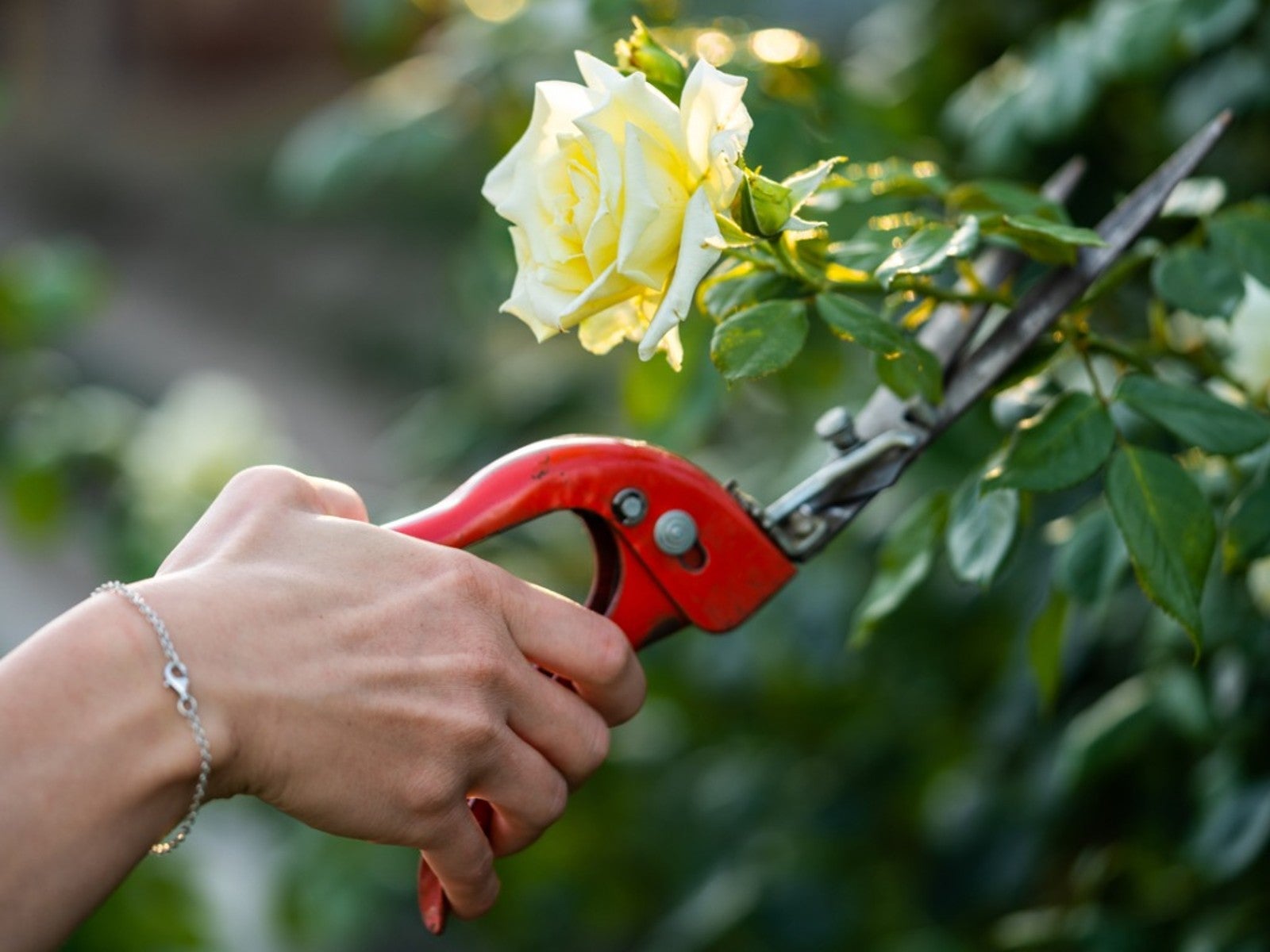Do Plants Scream? Study Shows They Can Under Stress


Do plants scream when distressed? Do plants scream when you cut them? The thought of a plant that screams is distressing for gardeners, but new research hints that it might be a real phenomenon. A recently published study found that a screaming plant isn’t exactly a thing, but that plants under stress do make specific noises undetectable in normal human hearing.
Distressed Plants Emit Sounds
Researchers from Tel Aviv University recorded sounds made by plants under stress. They recently published their findings in the journal Cell. They discovered distinct noises made by tomato and tobacco plants stressed by dehydration and when their stems were cut.
They used ultrasonic microphones placed near plants to record the sounds. Previous studies used detectors directly attached to plants and noted vibrations. For the current study, researchers wanted to see if sounds could be heard at a small distance from the plants.
Although the frequency was too high for human hearing, the microphones recorded popping sounds, rather than screams or cries. When the frequency was lowered, the researchers could clearly hear the noises and described them as similar to the sound of popcorn popping.
The frequency of the sounds is too high for humans to hear—they are in the 40 to 80 kHz range—but other animals might hear plants make these sounds. Some insects and mammals, like bats, moths, or mice, could pick up these sounds, although they would have to be close. There could be a co-evolutionary link between the plants and any animals that can hear them.
Sounds Vary by Plant and Stress Type
That plants make sounds in response to stress is already fascinating, but the researchers also found variations:
- Cut tomato plants emitted approximately 25 sounds per hour.
- Cut tobacco plants made only 15 per hour.
- Dehydrated tomato plants emitted 25 sounds per hour.
- Dehydrated tobacco made 11 sounds per hour.
Using these characteristics by type of stress and plant, the researchers found that they could use an algorithm to identify them. Using machine learning, the algorithm was correct 70% of the time when using the sounds to identify the plant and whether it was being cut or was dehydrated.
Gardening tips, videos, info and more delivered right to your inbox!
Sign up for the Gardening Know How newsletter today and receive a free copy of our e-book "How to Grow Delicious Tomatoes".
Are Plants Crying?
It might be distressing for humans to think that plants suffer and cry out when thirsty or that they could be in pain when cut. Luckily, this isn’t likely the case. Researchers believe the sounds are caused by air bubbles forming and popping in the xylem of the plants. This is the tissue that transports water up from the roots to stems and leaves.
As an analogy, they suggest it’s similar to the sounds your joints sometimes make when standing up or moving. They might pop and creak inadvertently when put under stress. The same is probably true of plants.
How Could Plant Sounds Be Useful?
Is the fact that plants make sounds when stressed just a curiosity or trivia fact? Or could it be useful? Researchers suggest the latter. The fact that they could distinguish between sounds caused by dehydration and by cutting means plants can communicate in a way.
This information could be used in agriculture for more efficient irrigation, for instance. If farmers can pick up sounds characteristic of dehydration, they’ll know which plants need water. The sounds were also characteristic by type of plant, which could make identifying crops’ needs even more accurate and specific.
That plants scream when cut or distressed is a popular idea, but not very accurate. This exciting new study does open up a new door into understanding our green friends, though. Plants are much more mysterious than most people realize, and they still have a lot to teach us.

Mary Ellen Ellis has been gardening for over 20 years. With degrees in Chemistry and Biology, Mary Ellen's specialties are flowers, native plants, and herbs.